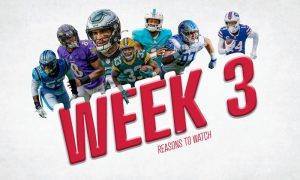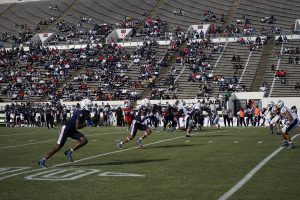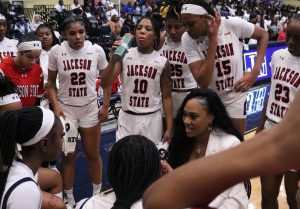 Jeremy Anderson
Jeremy Anderson
Associate Editor
A series of racially charged events that have plagued the University of Missouri led to a massive student movement led by in part by one of the University of Missouri’s student advocacy groups, Concerned Student 1950
Dating back to 2010, several acts of racism on campus, including an incident when a white passenger of a pickup truck continually shouted the N-word at him, came to a head.
Protests on campus ensued due the lack of action taken in regards to Head’s experiences.
Other incidents of racism continued to occur on campus, such as a young white student using racial epithets towards MU’s Legion of Black Collegians in October.
A group of black students took to the homecoming parade to have their voices heard. Students surrounded the car of Tim Wolfe, the president of the University. Wolfe did not respond to the protestors.
Concerned Student 1950 decided to form a list of demands, one of which was the resignation of Wolfe. There was no response from administration.
On Oct. 24, a swastika drawn with feces was found on a wall of a resident hall.
This led to a meeting between Concerned Student 1950 and President Wolfe, but no resolutions were found.
On Nov. 3, an MU graduate student, Jonathan Butler, subsequently went on a hunger strike in an effort to resolve issues that many black students felt were unmet. Butler vowed not to consume any food until Wolfe resigned.
Students and organizations across the MU campus boycotted and protested in solidarity with Butler.
During Butler’s hunger strike, a group of protestors confronted Wolfe on the night of Nov. 6.
Two days later, one week into Butler’s hunger strike, black and white players of Missouri’s football team, who compete in the Southeastern Conference along with Ole Miss and Mississippi State, officially decided to not practice or play until Butler ate food, which would only result in Wolfe’s resignation.
On the morning of Nov. 9, not 24 hours after the football team officially boycotted team activities, Wolfe stepped down.
“Our African-American athletes are the individuals who make all the money for these institutions. They need us and what a great way to show the country an effective way to make change,” said Kendall Bunch, a junior accounting major from Olive Branch, Miss.
Had Missouri forfeited its game on Saturday, the University would have been mandated to pay a million dollars to its opponent, Brigham Young University.
“The football team at big universities such as Mizzou is what sports finances run off of, so the players not playing would lead the university to not only miss out on ticket sales, but also to pay another university 1 million dollars. That was the way to be taken serious,” said Aretha Brown, a sophomore political science major from St. Louis, Mo.
Brown continued, “I don’t think change would have come so quickly because the actions taken by other protestors, such as Butler, didn’t really affect the university the way the Tigers did. The football team hit them where it mattered, the University’s pockets. This can be a trend around other campuses, especially where the football team is the pride and joy.”
Amid the changes, backlash ensued from white students on campus including terrorist threats from social media, reading, “I’m going to stand.
Hunter Park, the student who posted the comment on Yik Yak, has been identified and arrested.
Although the president has resigned, Butler and other black students have claimed that the current actions are just the beginning.





Be First to Comment